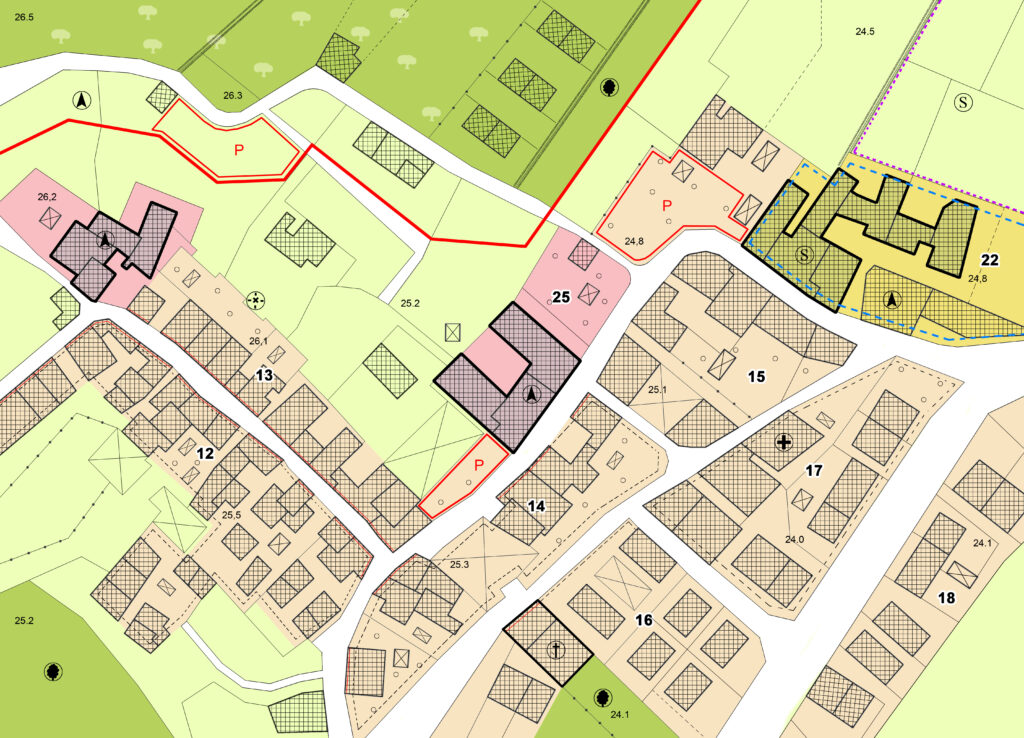NOTEBOOK: How other states, cities are addressing affordable housing issue

KATHY A. BOLTEN Aug 12, 2019 | 4:02 pm
3 min read time
646 wordsBusiness Record Insider, Real Estate and Development, The Insider NotebookEarlier this month, Des Moines’ Plan and Zoning Commission declined to back the city staff’s recommendation to establish minimum size requirements for newly constructed houses in the city.
Said Commissioner Rocky Sposato during the meeting in which the commission approved a new zoning code: “Several decades ago, my parents bought a new, small bungalow in Ankeny. …Time passes, and you know what? People are still living in those houses, people are happy in those houses, and people have maintained the houses.
“So just because a house is small doesn’t mean that it’s not a good place to live,” he said.
While the proposal for minimum house sizes was not supported by the commission, the issue likely will be revived in some form in September during the City Council’s public hearing on the new zoning code that had included square footage requirements for new houses. Such a requirement runs counter to what is occurring in other parts of the country where officials are attempting to find ways to provide affordable housing for low- and moderate-income people.
Last week, Oregon Gov. Kate Brown signed a first-in-the-nation law that eliminates single-family zoning in most parts of the state. The law targets a practice known as “exclusionary single-family zoning” where local governments only allow for the construction of single-family houses, reports Sarah Zimmerman for the Columbian. Instead, the new law encourages the construction of duplexes, triplexes and fourplexes as well as other affordable housing types in areas that had been designated for single-family houses.
“If a community is filled with only large and expensive homes, that often restricts who can move there,” Robert Silverman, a professor of urban and regional planning at the University of Buffalo, told Zimmerman. “Couple that with the other historical barriers that have prevented minorities from homeownership, and this all works to perpetuate segregation in communities.”
Similar steps have been taken in other U.S. cities.
In December, the Minneapolis City Council eliminated single-family zoning when it approved a long-range plan for development, a move that made Minneapolis the first major U.S. city to eliminate all single-family zoning, Jessica Lee reported for the MinnPost.
Backers of the move say that increasing density in the city is key to easing the city’s housing inequalities. One group argued that greater density citywide will make the city more walkable, diverse and affordable.
Spurring Minneapolis’ new plan for residential development is a report that looked at the region’s anticipated growth and population changes. To meet existing and future demands for housing, the region needs to add 14,000 houses a year for the next two decades, the report said.
Currently about 10,500 houses a year are being built in Minneapolis, Lee reported.
A similar study was done in the Greater Des Moines region. That study, released in May, showed that to accommodate new workers, Polk, Dallas, Warren and Guthrie counties would need to add 33,592 owner-occupied housing units of all types before 2038 and 23,577 new rental units.
During the Plan and Zoning Commission meeting earlier this month, Planning Administrator Mike Ludwig said that the city’s new zoning code “will not solve the affordable housing issue, nor will the city by building just single-family residential.”
Des Moines builds about 200 new single-family houses a year, he said. “If there’s a 50,000-unit gap in the metro and Des Moines is the only solution, we’re talking 100 years to build the current demand.
“Des Moines has to present urban solutions to all issues including affordable housing,” he said.
Castro holding town hall on affordable housing
Julian Castro, one of 24 people seeking the Democratic nomination for president, is holding a town hall meeting on affordable housing at 1 p.m. Tuesday at Hilltop Apartments, 3720 E. Douglas Ave., according to his campaign. Doors for the event open at 12:30 p.m. Castro served as secretary of housing and urban development in the Obama administration.








